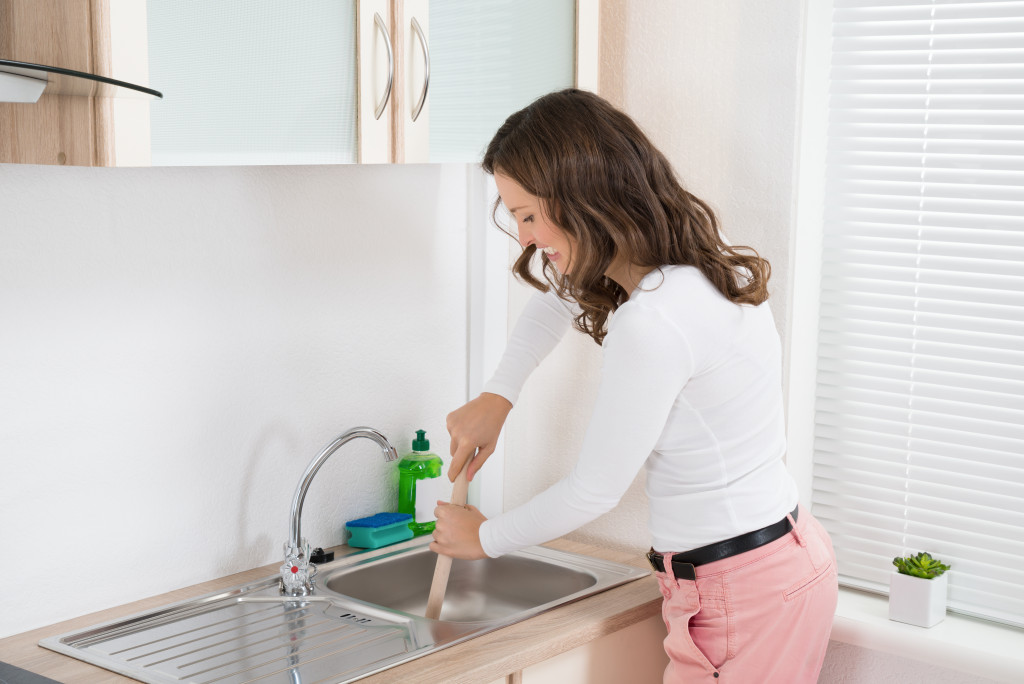- Encouraging critical thinking and problem-solving enhances children’s self-esteem and fosters independence.
- Teaching personal hygiene and grooming helps children feel confident, promoting a positive self-image.
- Allowing children to experience failure builds resilience, sharpens problem-solving skills, and boosts self-esteem.
- Celebrating achievements and using specific praise reinforces positive behavior and instills a sense of accomplishment.
- Nurturing positive affirmations and practicing gratitude foster a positive outlook and help maintain healthy self-esteem.
Parents want their children to feel confident about who they are and to have a positive self-image. But, in today’s society, with parents balancing work and familial responsibilities, it can be challenging to dedicate enough time and effort to foster self-esteem and confidence in children.
As a result, it is critical to have some effective strategies for instilling those values in children while maintaining a healthy work-life balance. This blog will explore those strategies.
Encourage Critical Thinking and Problem-Solving
One effective way to build self-esteem and confidence in children is to encourage critical thinking and problem-solving. When children feel that they can come up with solutions to their problems, it helps build confidence and provides them with a positive self-image.
Solve Problems
You can encourage this by allowing your children to try and solve problems independently, without jumping in too quickly, and asking them open-ended questions to help them think through a problem. It’s important to applaud their efforts and progress, regardless of the outcome, as this will help boost their confidence.
Teach Them To Be Independent
Teaching children independence goes hand in hand with promoting critical thinking and problem-solving skills. By allowing your child to make age-appropriate decisions on their own, they will develop a sense of self-reliance and confidence in their abilities. This process can involve setting boundaries and allowing them to learn from their mistakes.
Enhance Their Appearance
Enhancing a child’s appearance can significantly boost their self-confidence. This doesn’t necessarily mean focusing on physical attractiveness but encouraging good hygiene, proper grooming, and personal style. For instance, if your child’s hair is long, you can visit a reputable salon offering children’s haircuts. The salon can provide a comfortable atmosphere and fun activities and ensure they feel great about their appearance.
Cleanliness

Teaching children the importance of cleanliness, like regular bathing, brushing teeth, and maintaining neat hair, can make them feel fresh and confident. Additionally, allowing them to express their individuality through clothing choices can give them a sense of identity and boost their self-esteem. By wearing comfortable and confident clothes, children can form a positive self-image and are encouraged to maintain that image.
Let Your Child Fail
As much as you want your children to succeed, you must allow them to fail. Failure is a part of life and can be a valuable teaching tool. Encourage your child to take risks and try new things, even if they fail. Teach them that it’s okay to make mistakes and that it’s an opportunity to learn and grow.
Build Resilience
When children learn these values, they build resilience, and their self-esteem grows by knowing they can handle challenging situations. Allowing your child to fail also helps them develop problem-solving skills and the ability to recover from setbacks. These are essential skills that will benefit them throughout their lives.
Celebrate Their Achievements

Recognize and celebrate your child’s achievements, no matter how small or insignificant they might seem. This is an excellent way to show your child that you recognize their efforts and that they are valued and loved. Celebrating achievements, however small, provides a sense of accomplishment that helps to build a positive self-image.
Be Specific With Praise
When praising your child, be specific about what they did well. This reinforces their behavior and encourages them to continue with positive actions. It also helps them understand the value of hard work and effort towards achieving their goals.
Nurture Positive Affirmations
Positive self-talk and affirmations can help to build self-esteem and confidence in children. Encourage your child to identify and acknowledge their accomplishments, abilities, and talents. Help them create a positive affirmation to reflect on these things regularly. Positive affirmations can help counter negative self-talk or thoughts and give children the tools to build and maintain healthy self-esteem.
Practice Gratitude
Practicing gratitude is an essential habit to nurture in children. Encourage them to be grateful for the things they have and the people in their lives. This practice can help build a positive outlook and foster confidence by recognizing their worth and value.
Promoting self-esteem and confidence in children is essential to their overall well-being. Encourage critical thinking and problem-solving, enhance their appearance, let your child fail, celebrate their achievements, and nurture positive affirmations for success. These actions can increase your child’s confidence and a sense of accomplishment, giving them the tools to navigate challenging situations confidently, make good life choices, and effectively address their future concerns. Remember that there is no single formula for building self-esteem in children. Still, consistently implementing these essential strategies can facilitate a child’s positive sense of self, self-motivation, and confidence development.

